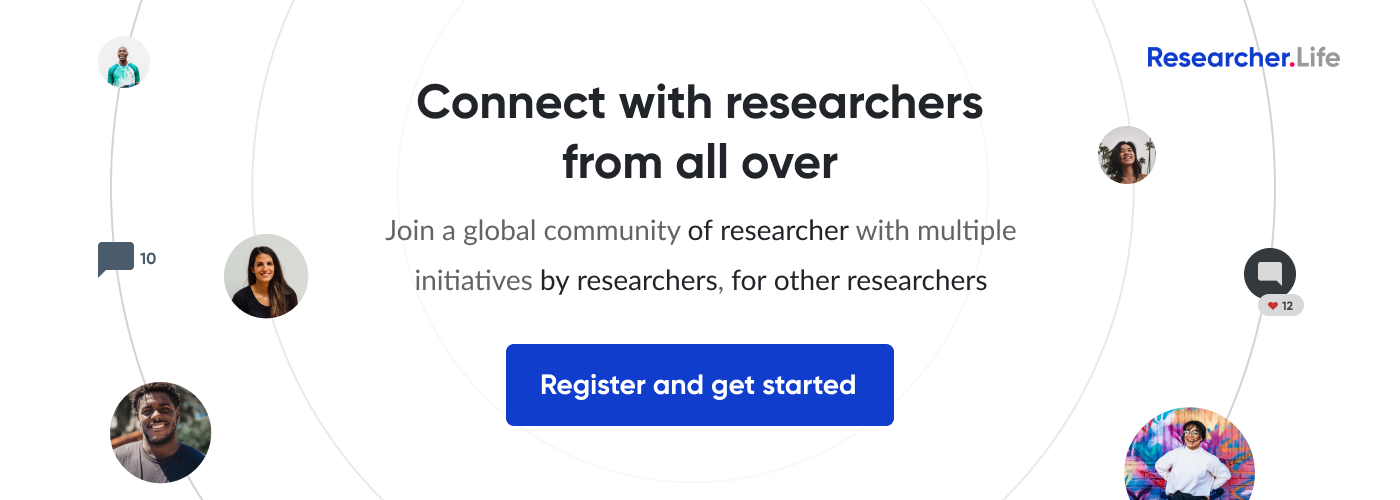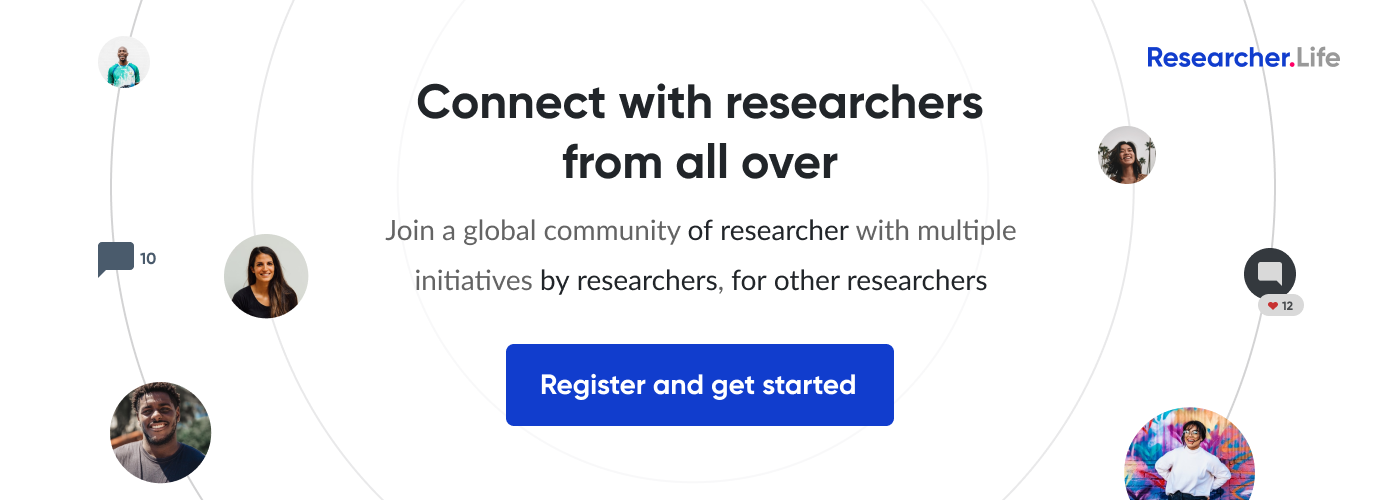Why academic journals, publishers, and societies should get on social media right now
Scholarly publishers and social media
When we discuss the benefits of social media, we commonly focus on researchers. But researchers are not the only ones who could have a social media presence. In this series, we turn our attention to scholarly publishers, journals, and organizations and the role social media could play in helping them carve a niche for themselves. We talk about how journals, funders, academic societies, and institutions benefit from social media networking and engagement. We also look at some things these scholarly publishing entities could do to make the most of their social media activities.

If you thought that being on social media only benefits individual researchers, you are mistaken. Networking through social media has a lot of benefits for scholarly publishers, journals, and organizations as well. If you are a publisher and have not yet explored social media, it’s time you reconsidered that decision. Here are some of the most evident benefits of social media activity for you as a publisher of scholarly information.
Journals and publishers don’t need to “look” for followers:
First, if you are a journal or a publisher, you would already have a lot of authors who have published with you and so would be willing to follow your social media updates. And then you also have the authors who are aspiring to get published in scholarly journals. These authors, too, are likely to closely watch your activity to spot calls for submissions or trends in what you are focusing on. Next, you have peer reviewers and editors associated with scholarly publications. These academics would already be aligned with your activities and would be interested in following them on social networking platforms. As you see, as a journals or publisher, you already have a huge potential follower base, and you can reach out to and engage in a conversation with them by being active on a social networking platform.
It’s a great way to attract new authors:
Authors are central to a journal or publisher’s success. Being on social media will help you attract newer authors and ensure that you are publishing a variety of interesting research from different authors across the globe. Integrating social media as part of your digital strategy will help you share more relevant updates with your target audience.
It helps improve your reputation and outreach:
By actively talking about what you publish and by sharing relevant information about scholarly publishing, you can send out positive messages about your active interest in the domain. You can build a reputation as a thought leader in the field. Not only can you post calls for submissions, but you can also talk about current topics of interest in scholarly publishing, e.g., open access, pre-prints, or peer review.
It helps you connect with the non-academic community:
Social media has mass appeal and outreach. Through a relevant platform, you can also make an impact by reaching out to the non-academic community or lay people by sharing plain-language summaries or video abstracts of path-breaking research, which could help them stay updated about important scientific developments. This will also make people look to you as a credible source of reliable information about discoveries and publishing related updates and insights that could change lives.
It enables you to provide real-time solutions:
In many ways, scholarly journals and publishers have never had a more powerful resource than social media at their disposal. It has literally never been easier not only to connect with the very real people you're trying to work with, but to do so in real-time. On social media, you can see conversations develop, take shape and evolve - all as they're happening. People can reach out to you with a concern and you can reach back to them with a solution in seconds.
These are just some of the most apparent benefits of sharing updates and engaging audiences on social media. And these are not restricted to journals or publishers alone. Funders, academic institutions, private companies, and service providers, too, stand to gain by engaging with the scholarly community via social media platforms.
In the next post of this series, Payman Taei, founder of Visme, the online infographic creation tool, shares useful tips to help journals, publishers, and societies make the most of their social media presence.
Related post: Is your research viral yet? Researchers and social media
Published on: Oct 24, 2017
Comments
You're looking to give wings to your academic career and publication journey. We like that!
Why don't we give you complete access! Create a free account and get unlimited access to all resources & a vibrant researcher community.


















